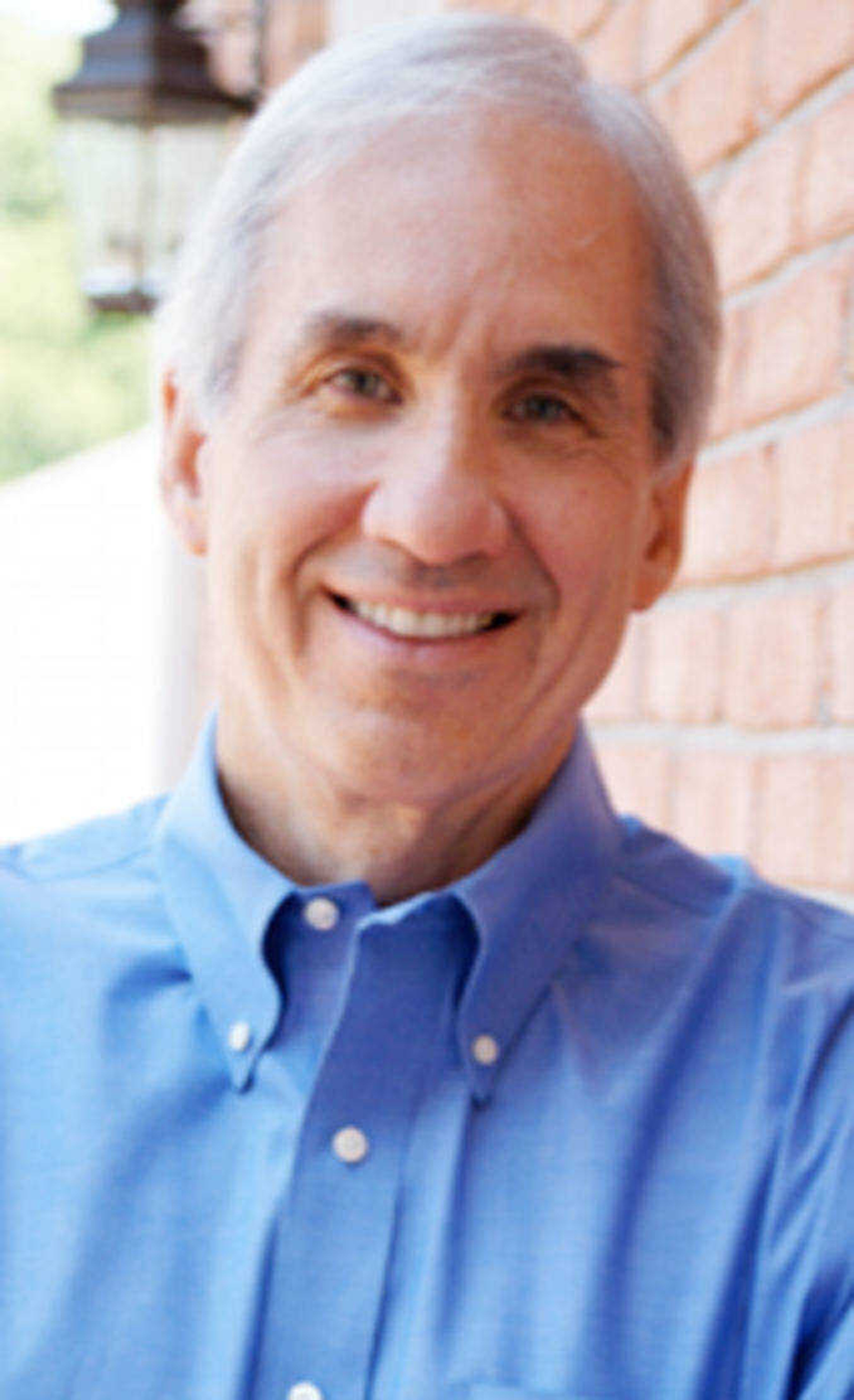REAL REFORM? REPEAL MOTOR-VOTER LAW
The selective indignation of many of those clamoring about alleged minority voter disenfranchisement in Florida reveals that their primary concern is not to restore integrity to the election process, but to win political points and elections. Without question, the recently released election report of the U.S. Commission on Civil Rights finding rampant discrimination against minority voters in Florida was agenda-driven rather than fact-driven...
The selective indignation of many of those clamoring about alleged minority voter disenfranchisement in Florida reveals that their primary concern is not to restore integrity to the election process, but to win political points and elections.
Without question, the recently released election report of the U.S. Commission on Civil Rights finding rampant discrimination against minority voters in Florida was agenda-driven rather than fact-driven.
The commission's partisanship was so flagrant that the two Republican-appointed commission members were not permitted to see the report before it was issued to the media. The majority cavalierly dismissed their objections to the report's findings.
Accordingly, the minority members, Russell Redenbaugh and Abigail Thernstrom, filed a devastating rebuttal detailing the slanted nature of the commission's report.
Allegations not verified
National Review Online's John Miller and Ramesh Ponnuru report on further developments in this ongoing saga. The commission -- in many instances -- did nothing to verify the truthfulness of certain allegations of voter disenfranchisement.
One witness relied on by the commission complained that she was prevented from voting because county election officials wrongly told her she wasn't registered. In fact, she had completed a form in 1998 wherein she stated that she had moved from the county and never bothered to reregister upon moving back.
Another witness charged that he was not informed that the location of the polling place had changed between the primary and the general elections, so he didn't know where to vote in the general election. A letter from the county elections supervisor, however, indicates that the same building was used for both elections.
If this commission and certain politicians were truly interested in the facts, wouldn't they take care to verify these allegations?
If they were genuinely committed to ensuring that all eligible voters were permitted to vote (and ineligible ones excluded), wouldn't they also be concerned about rampant voter fraud?
Wouldn't they be demanding that we get to the bottom of the thousands of felons casting votes illegally in last year's election?
Wouldn't they be outraged at the systematic effort to deny military personnel their right to vote?
Wouldn't they be mortified at the prospect of Internet voting because of the robust election fraud it is sure to generate?
Wouldn't they be horrified at the laxity in voter registration brought on by the Motor Voter Law? This law, officially known as the National Voter Registration Act of 1993, was enacted for the ostensible purpose of increasing voter turnout by making registration simpler. It requires states to establish voter registration procedures for federal elections so that citizens may register to vote by mail, at state and local public assistance agencies and while applying for a driver's license.
Politically correct
As with so many other so-called reform measures, support for the bill quickly became part of the dogma of political correctness. Anyone opposed to it was painted as discriminatory, just as opponents of campaign-finance reform are being accused of enabling government corruption.
Many contend that the law has greatly increased voter fraud by making it difficult for state election officials to remove from the rolls dead or inactive voters and by failing to require registrants to provide proof that they are citizens who are eligible to vote. This is a dangerous combination because it allows people to vote in the names of dead people without ever having to produce a picture ID. Some estimate that between 2 percent and 4 percent of the votes cast in the 2000 presidential election were by non-citizens.
The Heritage Foundation's Todd Gaziano, in testimony regarding election reform before the House Committee on Rules and Administration, affirmed that Motor Voter "has helped create the most inaccurate voting rolls in history. Citizens are registered in multiple jurisdictions at the same time, and very few states have effective procedures to ensure that those registered even are citizens."
Congressman Bob Stump of Arizona has proposed a bill (House Resolution 189) to repeal the Motor Voter Law. A national grass-roots organization, Americans for Repeal of the Motor Voter Law, has been formed to support Stump's bill.
Sometimes it takes courage for public officials to challenge the nostrums of political correctness. Motor Voter may sound noble to some, but it could be inflicting immeasurable damage on the republic.
Those interested in real election reform, as opposed to rigging the rules to stack the deck in favor of their candidates, should take a hard look at Congressman Stump's bill.
~David Limbaugh of Cape Girardeau is a lawyer, author and syndicated columnist.
Connect with the Southeast Missourian Newsroom:
For corrections to this story or other insights for the editor, click here. To submit a letter to the editor, click here. To learn about the Southeast Missourian’s AI Policy, click here.










